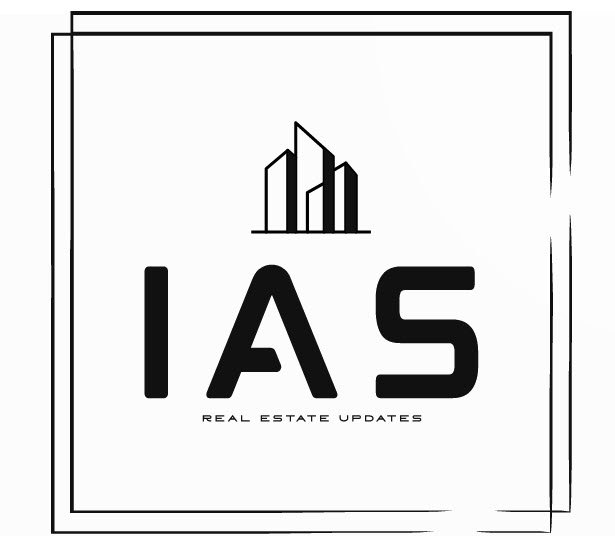You’ve probably heard a lot about how mortgage rates affect real estate prices, but you may not know exactly how they affect home prices. This article will discuss why mortgage rates are an important factor for home prices and what they mean for the future of the housing market. Read on to learn more. This article will also help you understand why higher mortgage rates are bad for real estate. It’s a fact that not all people buy real estate with a loan.
Inflation has an impact on real estate prices, so increasing rates can lower prices. Rising interest rates can slow down the market, but rising demand may offset the negative effects of a higher rate. Although the Federal Reserve doesn’t directly control mortgage rates, it does influence the money supply, which is what drives home prices. As a result, when mortgage rates rise, home values fall. Inflation and other economic factors affect house prices, as they do for other commodities.
When home prices go up, mortgage rates fall. Inflation is one of the reasons why housing prices are high. If interest rates fall, they will also lower rents. Inflation can spread to other consumer goods, like food. Inflation can be detrimental for the real estate market, but it can be neutralized by strong demand. Inflation and mortgage rates can affect home prices. So, it’s important to understand the impact of rising interest and mortgage rates on the housing market.
When the Fed raises interest rates, it can slow down the real estate market and slow the overall economy. The fact is that higher interest rates don’t necessarily lead to lower prices of homes. But they can still be positive if the demand is strong enough. However, the Federal Reserve cannot control the actual interest rates. The Fed does influence the money supply, which is the amount of cash available to the market.
Low mortgage rates have boosted home prices across the country. The recent pandemic caused interest rates to fall, and national home values shot up. While the U.S. housing market recovered, the mortgage rate has been the driving force behind this boom. And it has boosted home prices significantly. If you’re wondering how mortgage rates affect real estate prices, keep reading. The latest trends in housing will keep you informed and make the market more competitive.
A rising mortgage rate can slow the real estate market. When rates are high, it can lead to a decrease in home prices. It’s a myth. While the Federal Reserve doesn’t directly control interest rates, it influences the money supply. If the money supply falls, home prices are expected to fall. This is because the Federal Reserve has a large influence over the money supply. The higher the interest rate, the less money there is to buy real estate.
The interest rate is a crucial part of the housing market. It affects the cost of borrowing money and affects the value of real estate. A low mortgage rate will stimulate the housing market, while a high one will lead to the opposite. Therefore, it is critical to consider the interest rates when buying real estate. You will want to avoid purchasing property in an area with high mortgage rates, because they’ll have to increase your monthly payment.
The most common myth is that rising mortgage rates will lower home prices. This is not always true. During the pandemic in the early 2000s, mortgage rates spiked, and housing activity soared. In contrast, the housing market has been remarkably stable since the late 1980s. As mortgage rates have dropped, housing activity will also increase. While the trend may be short-lived, there are other factors that can cause a housing bubble.
The first is that mortgage rates are very sensitive to real estate prices. In the early 2000s, mortgage rates rose in conjunction with the housing market. That means that the lower mortgage rates affected home prices. The subsequent booms in the early 1990s saw lower mortgage rates as a cause of the housing boom. The pandemic was accompanied by a huge increase in housing activity. In this case, the correlation between interest rates and house prices was very strong.

